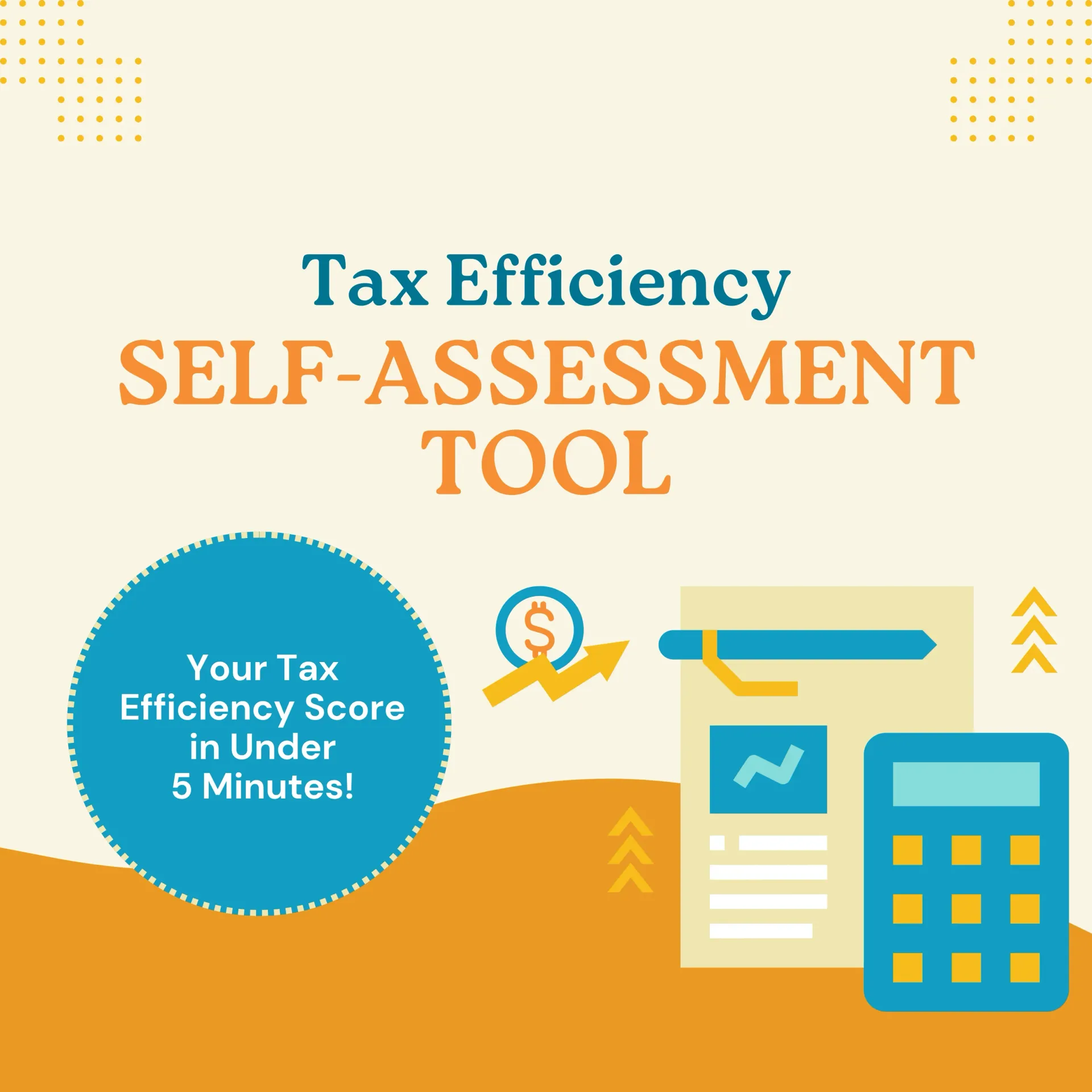Bookkeeping Best Practices: Keeping Your Business Finances Organized
When it comes to running a small business, keeping your finances organized can feel like trying to herd cats. You’ve got invoices piling up, receipts scattered everywhere, and that nagging feeling that something’s slipping through the cracks. But fear not! With a few effective bookkeeping best practices, you can transform your financial chaos into a well-oiled machine.
In this blog, we’ll dive into practical tips to help you maintain a solid bookkeeping system that not only keeps you compliant but also gives you peace of mind. Let’s get started!
The Importance of Bookkeeping
Before we jump into the nitty-gritty, let’s talk about why bookkeeping is crucial for your business. Think of it as the backbone of your financial health. Good bookkeeping helps you track income and expenses, prepare for tax season, and make informed decisions about your business’s future. Plus, it can save you from those dreaded audits!
Why You Should Care
Imagine it's tax season, and you’re scrambling to find all those receipts from last year. Not fun, right? A solid bookkeeping system means you won’t have to go through that panic every April. Instead, you’ll have everything at your fingertips, ready to go.
Set Up a Dedicated Workspace
First things first—create a dedicated workspace for your bookkeeping tasks. Whether it’s a home office or a corner of your dining room table, having a specific spot helps you focus.
Personal Experience
I remember when I first started my small business as a solopreneur; I’d do my bookkeeping on the couch while watching TV. Spoiler alert: It didn’t work out well! I’d miss important details or forget to enter transactions altogether. Once I set up a dedicated space, everything changed. Suddenly, I was more organized and less stressed.
Choose the Right Tools
These days, there are tons of tools out there to help with bookkeeping—from software like QuickBooks and FreshBooks to more traditional methods like spreadsheets. The key is to find what works best for you.
Software vs. Spreadsheets
If you're just starting out or running a solo gig, spreadsheets might do the trick. But as your business grows, investing in dedicated software can save you time and headaches down the line.
Real-Life Example
A friend of mine runs a small bakery and started with spreadsheets. As her business took off, she found herself overwhelmed with orders and invoices. Switching to QuickBooks made her life so much easier—she could track sales in real-time and even automate invoicing!
Keep Everything in One Place
One of the biggest mistakes small business owners make is scattering their financial documents everywhere. Create a system where all your invoices, receipts, and financial statements live in one place—be it digital or physical.
Tips for Organization
- Digital Storage: Use cloud storage solutions like Google Drive or Dropbox to keep everything accessible.
- Physical Files: If you prefer hard copies, invest in a filing cabinet with labeled folders for easy access.
Anecdote
When Straight Talk CPAs first started organizing our files digitally, we thought we could remember where everything was saved. Spoiler alert: we couldn’t! After losing an important invoice for days, Straight Talk CPAs learned our lesson the hard way. Now? Everything’s neatly categorized in electronic folders by month and type.
Regularly Reconcile Your Accounts
Reconciliation is just a fancy word for making sure your records match up with your bank statements. Doing this regularly—say monthly—can help catch errors before they snowball into bigger issues.
How to Reconcile
- Gather Your Statements: Collect bank statements and any other relevant documents.
- Compare: Check each transaction against your records.
- Adjust: Make any necessary adjustments in your bookkeeping software or spreadsheet.
Track Expenses Diligently
Keeping tabs on every expense might sound daunting, but it’s essential for understanding where your money goes—and finding areas to cut costs.
Expense Tracking Tips
- Use Apps: Consider using expense tracking apps like Expensify or Receipt Bank.
- Categorize Expenses: Break them down into categories (e.g., marketing, supplies) for better insights.
Real-Life Scenario
A client of ours was shocked when she realized how much she was spending on takeout during busy months! By tracking her expenses diligently, she found ways to save money and even started meal prepping—talk about a win-win!
Stay Compliant with Tax Regulations
Understanding tax regulations is crucial for any small business owner. You don’t want to be caught off guard when tax season rolls around!
Tips for Compliance
- Stay Informed: Follow IRS updates or consult with professionals like Straight Talk CPAs.
- Keep Records: Maintain records of all transactions related to tax deductions.
Seek Professional Help When Needed
Sometimes, despite our best efforts, we need an extra set of eyes on our books. Hiring a professional bookkeeper or accountant can be invaluable—especially during tax season or when making significant financial decisions.
Finding the Right Fit
Look for someone who understands your industry and can provide tailored advice based on your unique needs.
Review Regularly and Adjust as Needed
Your bookkeeping system isn’t set in stone; it should evolve as your business does. Make it a habit to review your processes regularly and adjust them based on what’s working (or not).
Continuous Improvement
Set aside time quarterly or biannually to assess whether your current system meets your needs or if it’s time for an upgrade.
Final Thoughts
Maintaining an organized bookkeeping system may seem overwhelming at first, but with these best practices in place, you'll find yourself navigating the financial side of your business with confidence and ease. Remember—it's all about creating habits that work for you.
So go ahead! Take these tips from Straight Talk CPAs and start building a bookkeeping system that not only keeps you compliant but also gives you peace of mind as you grow your business!
Discover Your Tax Savings Score in Minutes!


Salim is a straight-talking CPA with 30+ years of entrepreneurial and accounting experience. His professional background includes experience as a former Chief Financial Officer and, for the last twenty-five years, as a serial 7-Figure entrepreneur.




